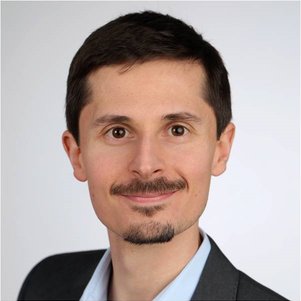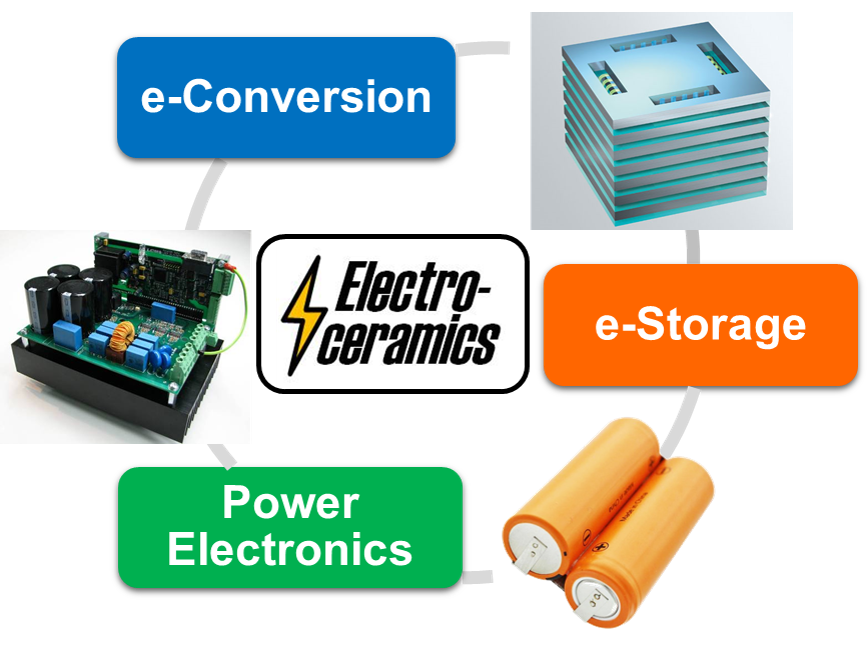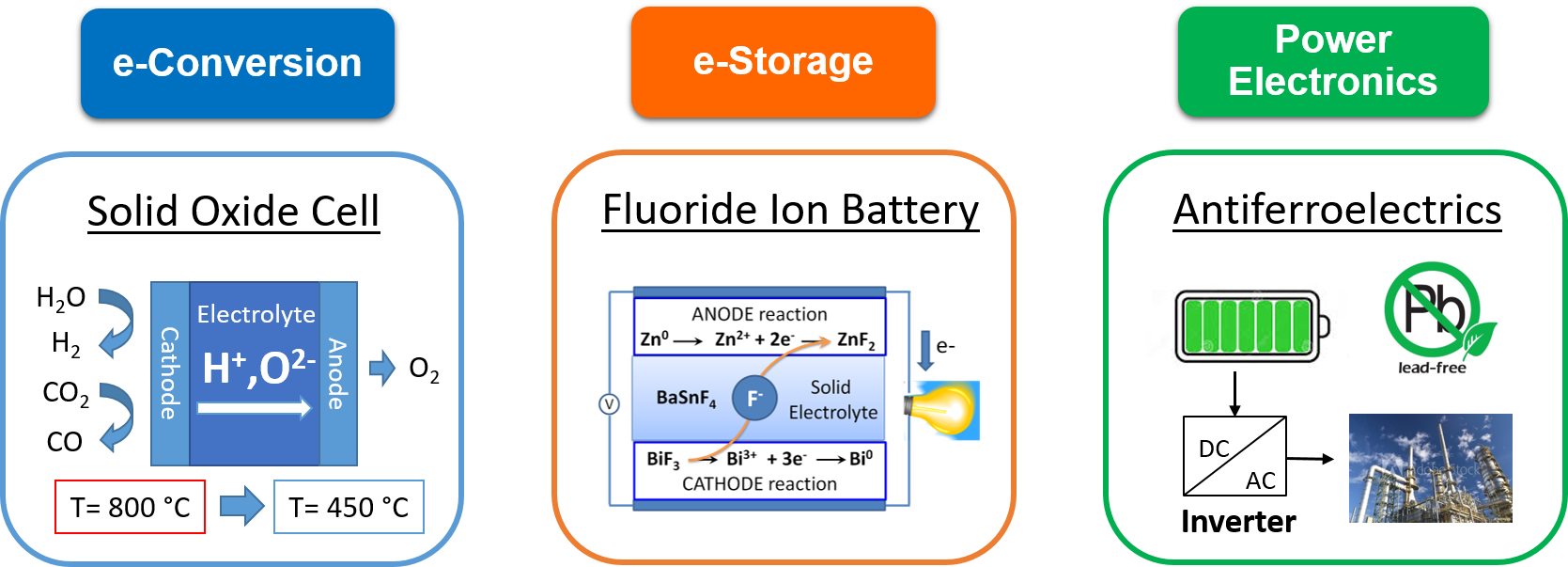Pedro B. Groszewicz
Pedro B. Groszewicz works as Assistant Professor in the section of Storage of Electrochemical Energy (SEE) at the Delft University of Technology, Netherlands. His research focuses on electroceramic materials relevant for a CO2-neutral society, ranging from oxides for ionic conduction and high-power electronics, as well as alternative batteries based on metal fluorides, with a particular interest in studying structure-property relations.
Short Biography
He graduated in chemistry at the Universidade Federal do Paraná, Brazil, in 2010 and received his PhD degree in 2016 from the Technical University of Darmstadt, Germany. In this period, he specialized in the application of solid-state nuclear magnetic resonance (NMR) spectroscopy to study functional materials. During a postdoctoral stay at the University of Cambridge, UK, between 2019 and 2020, he was introduced to in situ capabilities of this technique and alternative battery chemistries, after which he moved to the Netherlands and joined the TU Delft. Currently, his interests lies in combination of solid-state NMR with X-ray and neutron diffraction to better understand electroceramics, using computations based on density functional theory (DFT) as a bridge in between.
Electroceramic materials for a CO2-neutral future
Electroceramic materials will play an instrumental role for the energy transition. They are core materials in solid oxide cells (SOC) for electrochemical conversion, in batteries for short-term energy storage and in high power electronics required for the electrification of industry and transportation. To enable the development of better electroceramics for a greener future, it is fundamental to understand their structure-property relations. Our research on Electroceramics focuses on advanced in situ and operando characterization techniques (NMR spectroscopy, neutron diffraction) to unravel structural traits that govern functional properties of electroceramics and, ultimately, contribute to the design of new functional materials for a successful energy transition.
Research lines currently pursuit:
• New oxygen ion conductors for low-temperature solid oxide cells, to enable a more efficient way to generate synthetic fuels from renewable electricity.
• Room-temperature fluoride ion batteries (FIB), aiming at unleashing the high energy density predicted for this concept, as potential short-term storage of electricity in a grid powered by renewables.
• Lead-free perovskite oxides for environmentally friendly capacitors in high-power electronics.
These three topics cover all aspects of a sustainable energy cycle, ranging from energy conversion to energy storage and use. Our research approach aims at materials envisioned for implementation in large-scale conversion plants, which are being developed by the e-Refinery initiative at the TU Delft. In this way, we address the challenges of electrochemical conversion from a materials science perspective and hence support the realization of a CO2-neutral society.
Principal Investigator
Pedro B. Groszewicz, p.groszewiczATtudelft.nl

dr. P. Braga Groszewicz (Pedro)
- p.groszewicz@tudelft.nl
-
Room: 2.01.220
Publications (Google Scholar)

